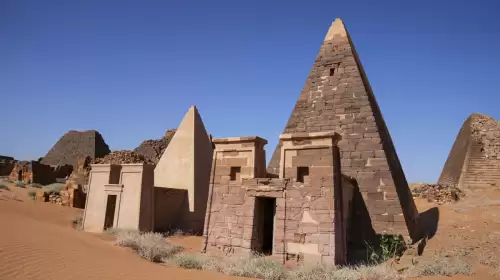World Bank to Provide $20 Billion Loan to Pakistan for Economic Development
The World Bank has announced a plan to offer a $20 billion loan to Pakistan over the next decade to support the country's private sector, enhance education, and build resilience against climate change. Pakistani Prime Minister Shehbaz Sharif revealed this initiative on Wednesday.
Previous Financial Crisis Averted with IMF Bailout
In 2023, Pakistan faced the threat of default due to a combination of political instability and the global economic downturn, leading to unsustainable levels of debt. The country was bailed out with a $7 billion package from the International Monetary Fund (IMF), which helped stabilize the economy, reduce inflation, and increase foreign reserves.
Utilization of World Bank Funding
Prime Minister Sharif outlined that the funding from the World Bank will be allocated towards improving child nutrition, enhancing education quality, promoting clean energy, building climate resilience, fostering inclusive development, and attracting private investments. He emphasized the World Bank's confidence in Pakistan's economic potential.
Challenges in Pakistan's Economic Landscape
Pakistan has long struggled with a limited tax base and substantial external debt, which consumes a significant portion of its annual revenue. The IMF bailout, Pakistan's 24th since 1958, came with stringent conditions including the need to increase tax revenue and reduce subsidies in the energy sector.
Implementation of the $20 Billion Scheme
The World Bank's $20 billion program is set to commence in the fiscal year 2026 and extend until 2035. The initiative aims to support Pakistan's economic recovery through fiscal reforms, energy initiatives, and improvements in the business environment. While acknowledging progress, the World Bank cautioned about the importance of consistent reforms for sustainable impact.
Long-Term Development Goals
The World Bank's Pakistan director, Najy Benhassine, highlighted that the loan agreement serves as a strategic foundation to address crucial development challenges in the country. The focus will be on making selective, steady, and substantial investments in key areas essential for long-term growth.





